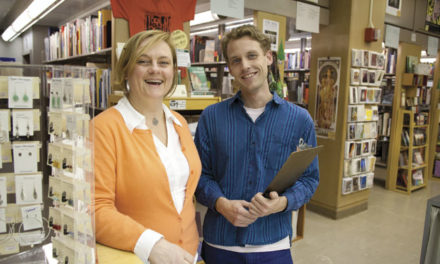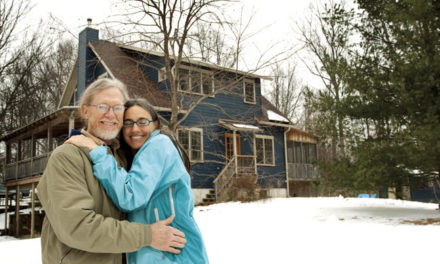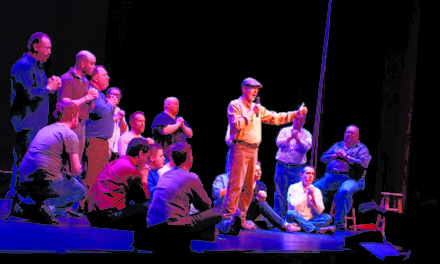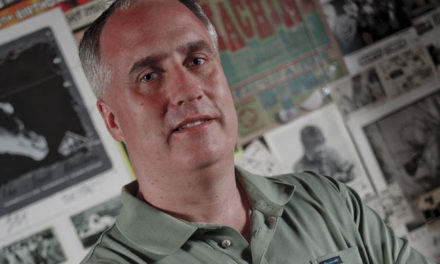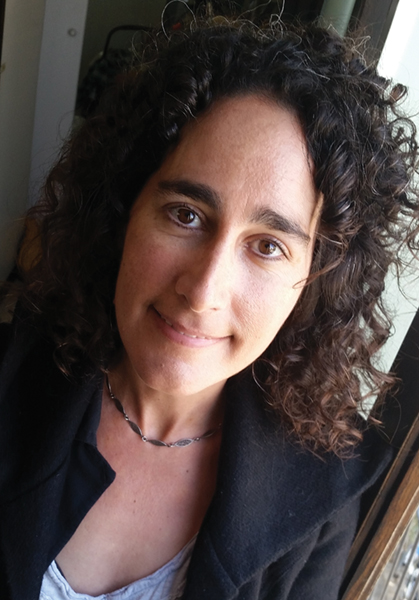
Dalia Rosenfeld. Courtesy photo
BY PETER DORFMAN
To most Americans, to be a Hoosier is synonymous with unromantic, flyover-country ordinariness. In writer Dalia Rosenfeld’s adopted home of Tel Aviv, Israel, it makes her exotic.
Bloomington born and bred, Rosenfeld teaches creative writing at Bar-Ilan University. She returned home in May, kicking off a five-city promotional tour for her first book, a volume of short stories titled The Worlds We Think We Know (Milkweed Editions, 2017). The book has been praised in the Chicago Review of Books and other major review publications.
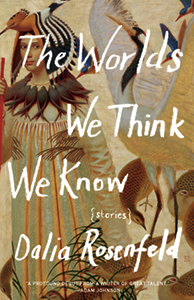 Some stories are set in Israel, some in the U.S., in cities and small towns. “Sometimes stories begin with an image of a person I’ve met or imagined,” Rosenfeld explains. “I write the story to get to know them better.”
Some stories are set in Israel, some in the U.S., in cities and small towns. “Sometimes stories begin with an image of a person I’ve met or imagined,” Rosenfeld explains. “I write the story to get to know them better.”
The daughter of Indiana University Jewish studies professor Alvin Rosenfeld and his late wife, Erna, Dalia grew up in the 1970s on Wylie Street. “My mom worked with international students and their families,” she recalls. “My father was constantly inviting people from all over the world for conferences. I was a small-town Hoosier playing kickball in the street and swimming in Bryan Park. At the same time, I was one of the few Jewish kids in school, so I felt unusual.”
Her family made multiple trips to Israel during her youth. She spent a year there after graduating from Bloomington High School South and before going to Oberlin College in Ohio, where she majored in Jewish studies. She studied creative writing at the University of Iowa Writers’ Workshop and taught at the University of Virginia in Charlottesville.
Three years ago, one of Rosenfeld’s three sons developed type 1 diabetes. “With diabetes, you have to stay in motion to control your blood sugar,” she explains. “In Israel, you walk everywhere. So we decided to spend a year there, and then it became two years. I got lucky with a job offer. So we stayed.”
Many of her characters are restless and disillusioned. “I’m attracted to people who are displaced in some way,” she says. “But their displacement gives them a chance to reinvent themselves. They often screw it up, but that’s where a lot of the humor comes from. I’m struck by people’s resilience. When their longings are unfulfilled, they can still find beauty in the world.”


